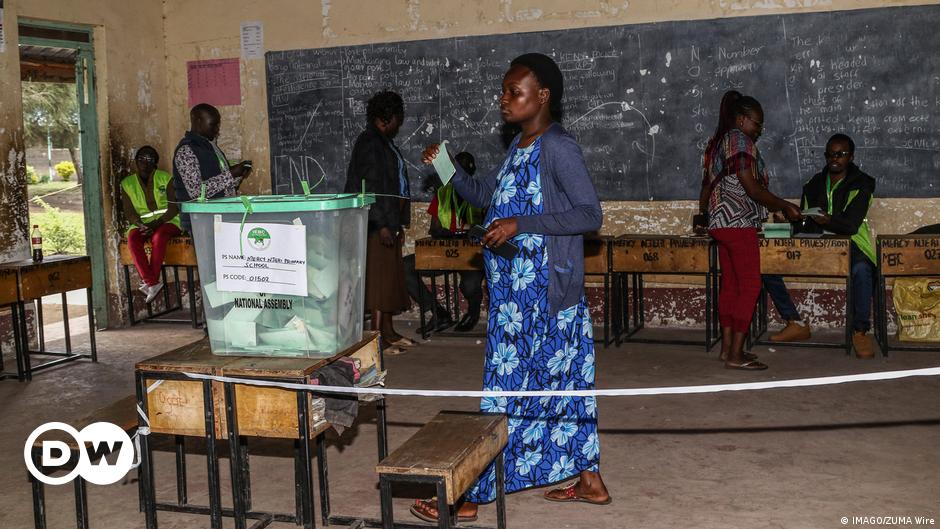The hard facts are sobering: According to a new study, the quality of democracy has deteriorated over the past 20 years in 137 countries that are considered developing or emerging economies. According to the Bertelsmann Foundation’s “Transformation Index,” there are now 63 democracies compared to 74 autocracies. In other words, states that tend not to have free elections or a functioning constitutional state.
Neoliberalism and greed have been allowed to run rampant in many parts of the world. When people feel squeeze by corporations and their government does nothing to protect them they turn to extremism.
The article cites COVID as part of the reason the world is going fash, but it’s funny how the antivaxx/mask crowd is like “yes let’s go with the fascists, because they never force us to do things we don’t want to do” yet the moment the fash decide it’s time for everyone to vaxx and mask anybody who won’t will get straight up murdered.
They all know the fascist leopards would never eat their face.
Also: “The key to combating authoritarian tendencies remains the civil commitment to free elections, freedom of the press, and the separation of powers. If there is ongoing public support in these areas, it may be possible to ward off autocratic tendencies. The study cites recent elections in Kenya and Zambia, as well as Poland and Moldova in Europe, as examples.”
why is democracy being seen as an end and not a means? isn’t the goal supposed to be to raise the standard of living of people in developing or emerging economies, to reduce income inequality, to combat climate change, and/or to improve support and infrastructure for disadvantaged people and their communities?
in a state with limited political goodwill, why isn’t more effort spent on actually benefiting the people instead of maintaining institutions that evidently degrade the minute attention shifts away from them?
Some countries do not have a culture of democracy. It is partly because of legacy of colonialism destroying the social cohesion of many pre-colonial societies. Some former colonial countries that managed to become democratic and prosperous have strong cohesion from the grassroots. So they are able hold each other accountable. Meanwhile, countries that are less democratic have been more accustomed to top-down rule.
why is democracy the goal? democratic nations have pretty much universally profited from the plunder and destruction of poor nations.
the british empire, the french empire, the german empire, the american empire. democracy is a tool of imperialism and colonialism. when those avenues for extracting wealth fail, what’s left? increasing concentration of power and wealth to the rich, privatization of public goods, right-wing extremism, and societal stagnation through a return to conservative values.
More dynamism, people could give better ideas and less corruption than in more authoritarian countries. In authoritarian countries, everyone is relying on one person. What if that person is incompetent or dies?
I just want to point out that imperialism is not exclusive to democracy. There are absolute monarchies and dictatorships that are imperialistic. Maybe your criticism of democracy as being imperialistic is more about capitalism and drive for exploitation and profit, not at democracy?
So communist democracy is the solution?
Well, if the communists have ever been democratic. The only communist group that is democratic is the Japanese Communist Party. They get respectable 1 million votes in parliamentary elections and denounce violenc and human rights violations of other communist groups.
This is the best summary I could come up with:
The hard facts are sobering: According to a new study, the quality of democracy has deteriorated over the past 20 years in 137 countries that are considered developing or emerging economies.
With regard to the rise of right-wing populism in Germany, Scholz said that he was pleased that hundreds of thousands of people had recently taken to the streets to protest against it: "This has not come from above or from the parties.
The key to combating authoritarian tendencies remains the civil commitment to free elections, freedom of the press, and the separation of powers.
Sabine Donner cites examples of countries that successfully transitioned to democratic systems: "Take Taiwan or South Korea, which were under autocratic rule for a long time and were then modernized economically.
The 2024 Transformation Index describes South Korea, Costa Rica, Chile, Uruguay, and Taiwan in the following way: “Based on the rule of law and with a strategic approach, their government leaderships have ensured positive developments not only in education, health care, and living standards but also in strengthening democracy.”
The Bertelsmann researchers conclude that in countries where democracy is already functioning, governments need to seek consensus from as broad a segment of the population as possible — even more so than they have in previous years.
The original article contains 784 words, the summary contains 209 words. Saved 73%. I’m a bot and I’m open source!
Democracy isn’t real and hasn’t been for a long time.
The ruling class made sure of that, and there were plenty of useful idiots to help them along the way.


